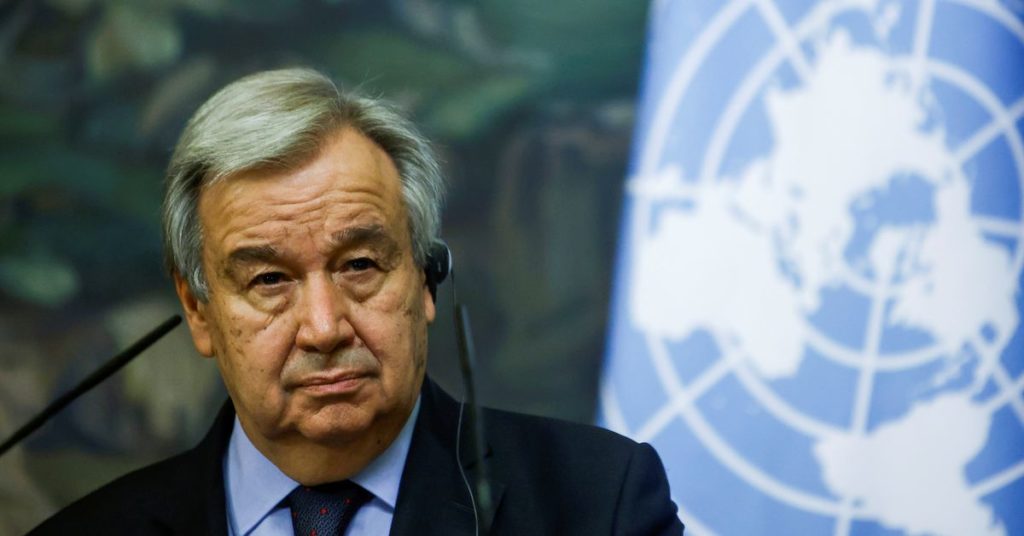The two African countries join three others on the world’s top body in addressing threats to international peace and security. The other countries taking seats at the council are the United Arab Emirates, Brazil and Albania. They were elected unopposed by UN members in June.
Papa Owusu-Ankomah, Ghana’s high commissioner to the United Kingdom, said that with situations in Africa dominating the agenda of the Security Council, Ghana will work assiduously to assist in addressing conflicts on the continent and sustain the peace that the people of Africa need.
“Ghana thanks all other member states for their confidence in its candidacy. The broad support for Ghana confirms the trust member states have in our membership of the Council and Ghana’s capacity to help address the challenges confronting our world today,” Ankomah said.
Deeper collaboration
“Ghana will use her tenure on the Security Council to seek for a stronger and deeper collaboration and cooperation between the United Nations and regional bodies in a manner that enhances complementarity and ensures effectiveness of coordinated action.”
Ghana and Gabon have served on the council three times. The Security Council has 10 seats for temporary members, and five of the seats are permanently occupied by China, Russia, the United States, Britain and France, which hold the power of veto.
Shirley Ayorkor Botchwey, Ghana’s minister for foreign affairs and regional integration, said Ghana’s election to the UN Security Council will help bring the Africa perspective on global issues to the fore.
Botchwey said Ghana intended to leverage its experience as the chair of the Economic Community of West African States in its new UN role to prioritize issues of conflict prevention, post-conflict reconstruction and the strengthening of partnerships between the UN and regional arrangements in dealing with conflict situations.
Source: CD
